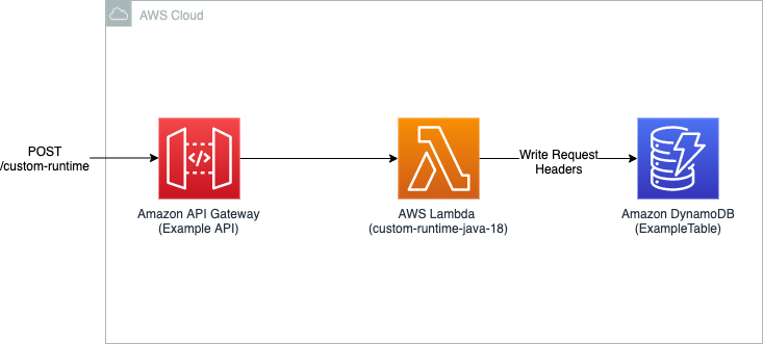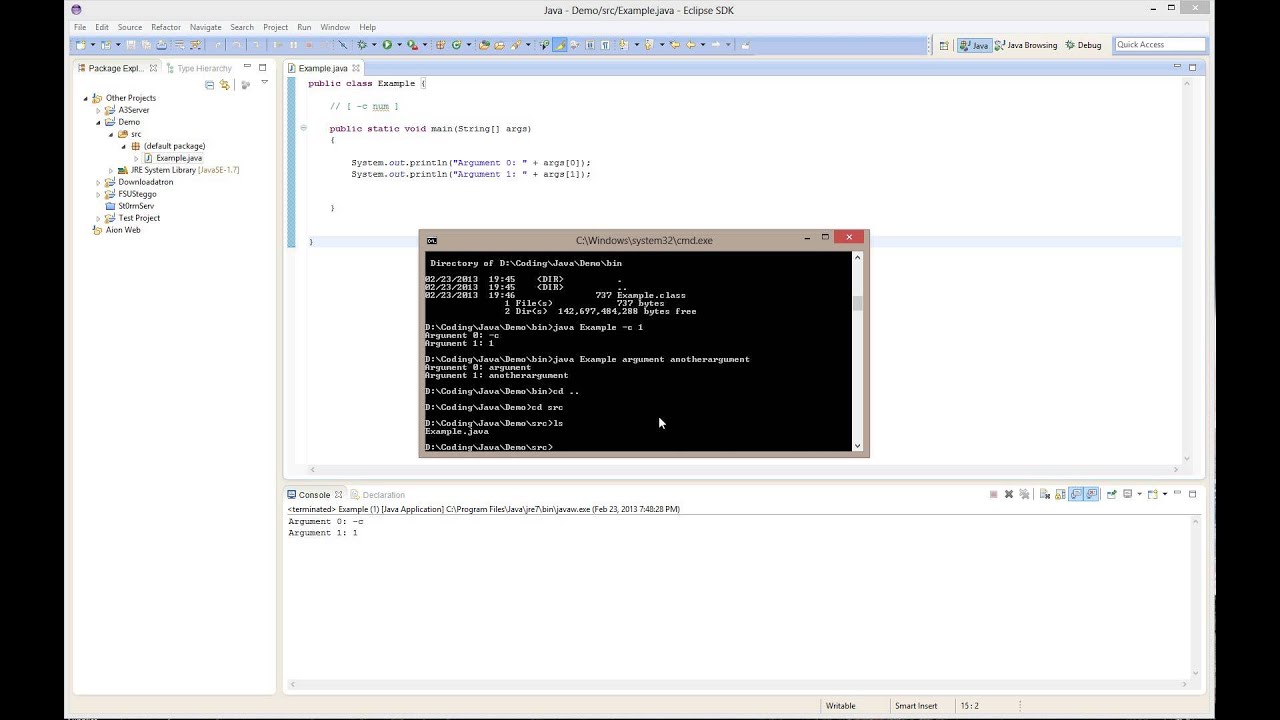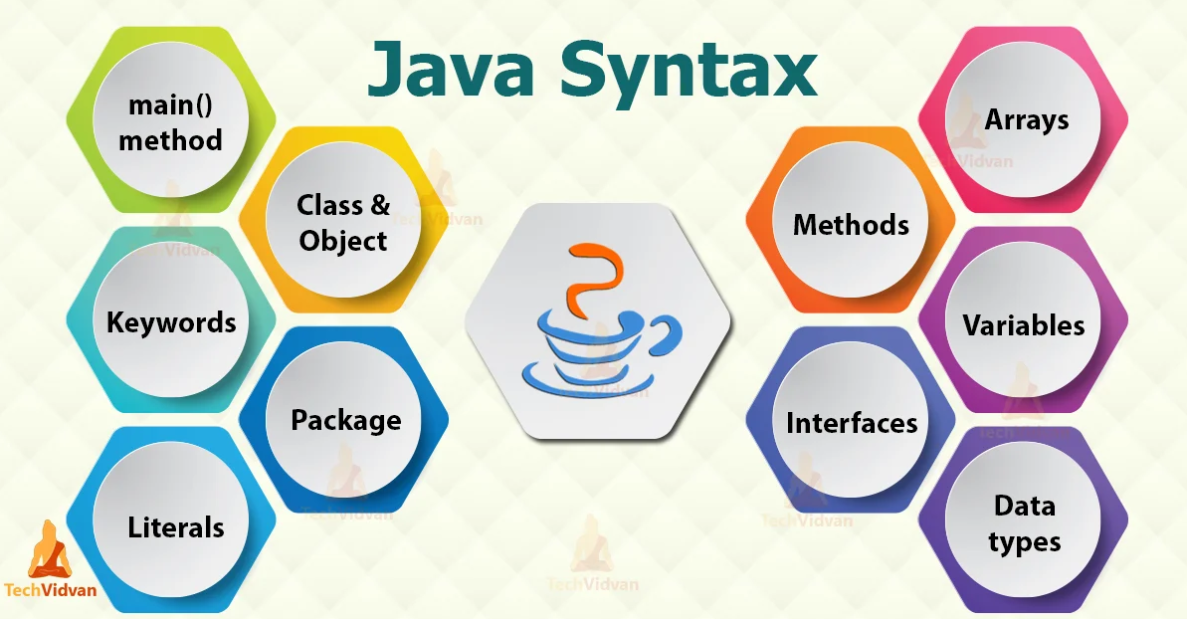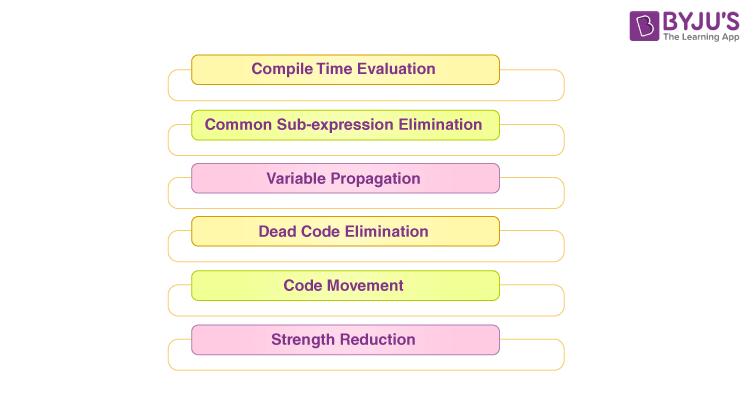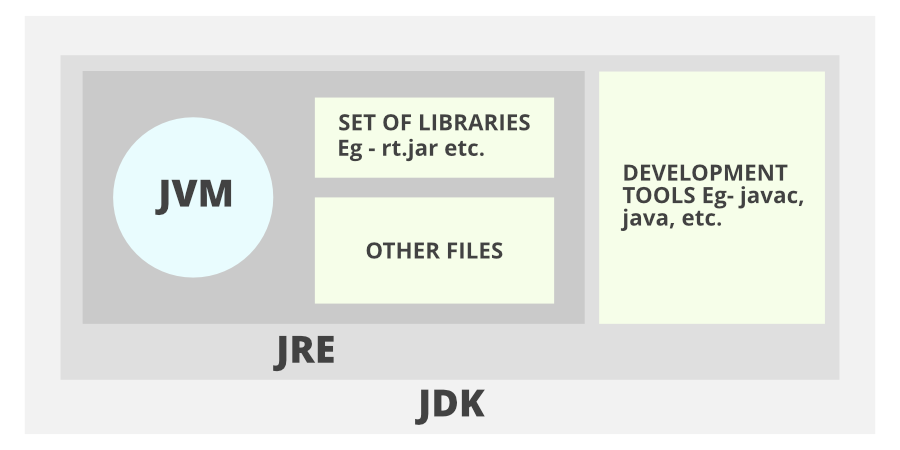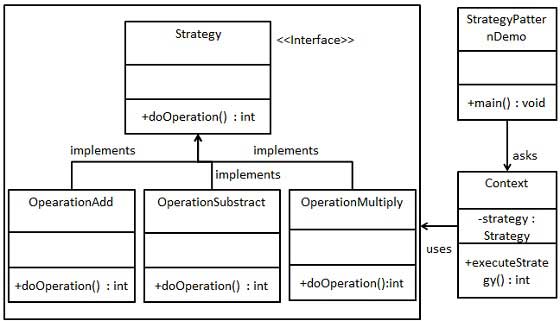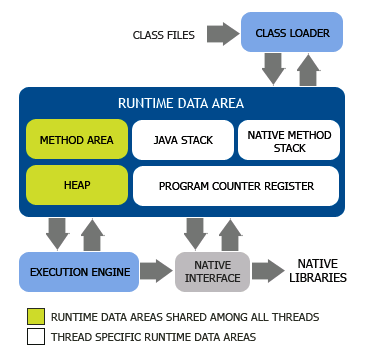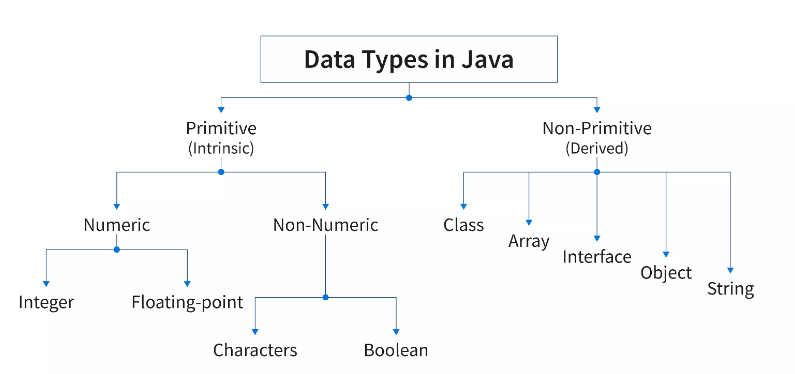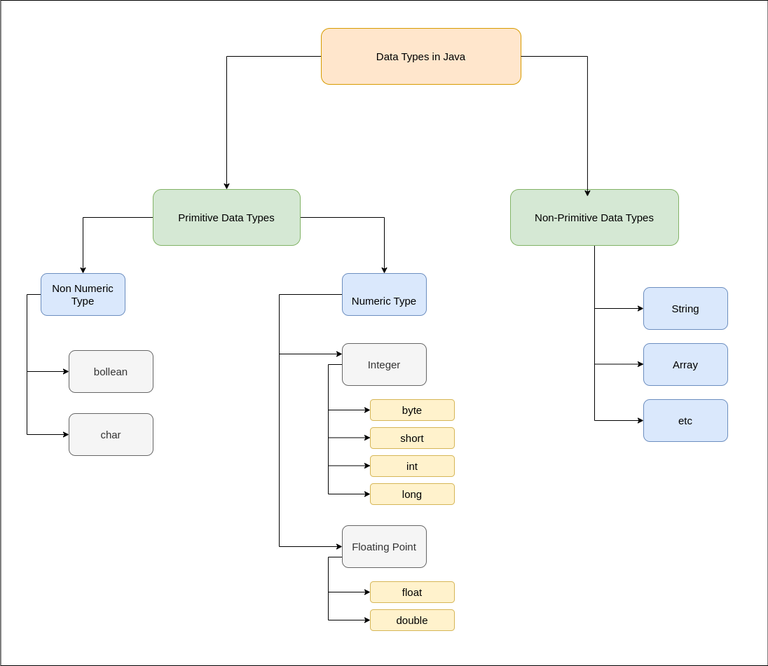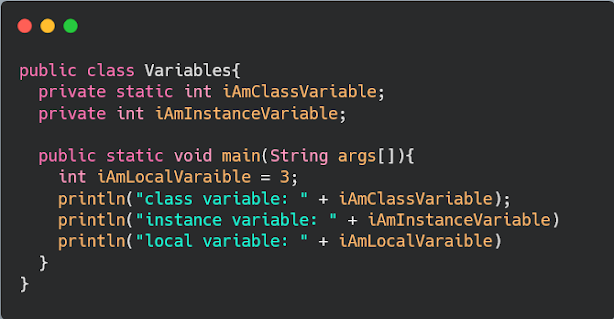Why is it important to use Java?
Why is it important to use Java?
Java is one of the most popular programming languages used today, and its importance can be attributed to several reasons.
Firstly, Java is an object-oriented language that has been widely adopted across various industries, including software development, web application, mobile app, and even embedded systems. Its platform independence feature allows it to run on any device, making it a versatile choice for developers. This means that a single piece of code can be written once and run anywhere, reducing the need for separate codebases for different platforms.
Secondly, Java is known for its robust security features. It provides sandboxed environments for applications to run in, preventing malicious code from causing harm to the system. Additionally, Java's Just-In-Time (JIT) compiler helps prevent buffer overflow attacks and ensures memory safety. These security features make it an attractive choice for developing large-scale enterprise applications that require high levels of security.
Thirdly, Java is a mature language with a vast ecosystem of libraries, frameworks, and tools. It has been extensively used in developing web-based applications, especially those using the Model-View-Controller (MVC) architecture. Popular frameworks like Spring, Hibernate, and Vaadin have made it easier for developers to build complex enterprise-level applications.
Fourthly, Java's extensive use in Android app development is another significant reason why it remains important. As Android is one of the most popular mobile operating systems, any developer who wants to create apps for the platform needs to know Java or Kotlin, its alternative language. The majority of Android apps are built using Java, making it an essential skill for mobile app developers.
Fifthly, Java's versatility has led to its adoption in various fields beyond software development. For instance, it is used in scientific simulations, data analytics, and even machine learning. Its ability to process large datasets and perform complex calculations makes it an excellent choice for these applications.
Finally, Java's importance can be attributed to the fact that it is constantly evolving. New features are being added to the language, such as Java 12's support for JEP (JDK Enhancement Proposal) 334, which enables more efficient garbage collection. This ensures that developers continue to have access to a modern and relevant programming language.
In conclusion, Java's importance stems from its platform independence, robust security features, vast ecosystem of libraries and frameworks, versatility in various fields, constant evolution, and widespread adoption in industries such as Android app development and enterprise software development. As the needs of the technology world continue to change, it is likely that Java will remain an essential skill for developers and a vital part of the programming landscape.
Why is java a widely used programming language reddit

I'm happy to respond in English for you!

Java is indeed one of the most popular and widely used programming languages, and there are several reasons contributing to its widespread adoption.
Firstly, Java's platform independence feature is a significant factor. It allows developers to write code once and run it on any device that has a JVM (Java Virtual Machine) installed, making it an ideal choice for developing cross-platform applications. This capability has been particularly valuable in the era of mobile devices, cloud computing, and IoT (Internet of Things), where seamless integration across different platforms is crucial.
Secondly, Java's object-oriented design, built-in libraries, and robust frameworks make it an attractive choice for building complex systems, such as enterprise-level applications, games, and data-driven services. Its comprehensive API (Application Programming Interface) provides extensive support for tasks like network communication, file I/O, and database management.
Thirdly, the vast ecosystem of Java-based tools, technologies, and libraries has grown over the years, offering developers a rich selection of resources to accelerate their work. For instance, popular frameworks like Spring, Hibernate, and Apache Struts simplify development tasks, while libraries such as Apache Commons and Lombok provide useful utilities for tasks like data processing and logging.
Fourthly, Java's strong focus on security has led to widespread adoption in industries where trustworthiness is paramount, like finance, healthcare, and government. The language's sandboxed architecture and built-in mechanisms for memory management and input validation ensure robust protection against common cyber threats.
Lastly, the sheer size of the Java developer community, combined with its extensive online resources, including tutorials, forums, and documentation, has created a self-sustaining ecosystem that supports the continued growth and innovation of the language.
On Reddit, you can find numerous discussions about Java's versatility, scalability, and reliability, as well as its challenges, such as verbosity and memory management. Many developers have shared their positive experiences with Java, highlighting its ease of use, flexibility, and adaptability to various projects.
In summary, Java's widespread adoption stems from a combination of factors, including platform independence, robust frameworks, comprehensive APIs, strong security features, and the vast ecosystem of tools, libraries, and resources available. The language's reputation for being reliable, scalable, and adaptable has cemented its position as one of the most popular programming languages on the market.
Sources:
Oracle (2022): Java Programming Language. Statista (2022): Most popular programming languages in the United States. Stack Overflow (2022): 2022 Developer Survey. GitHub (2022): Java-based projects and repositories.
